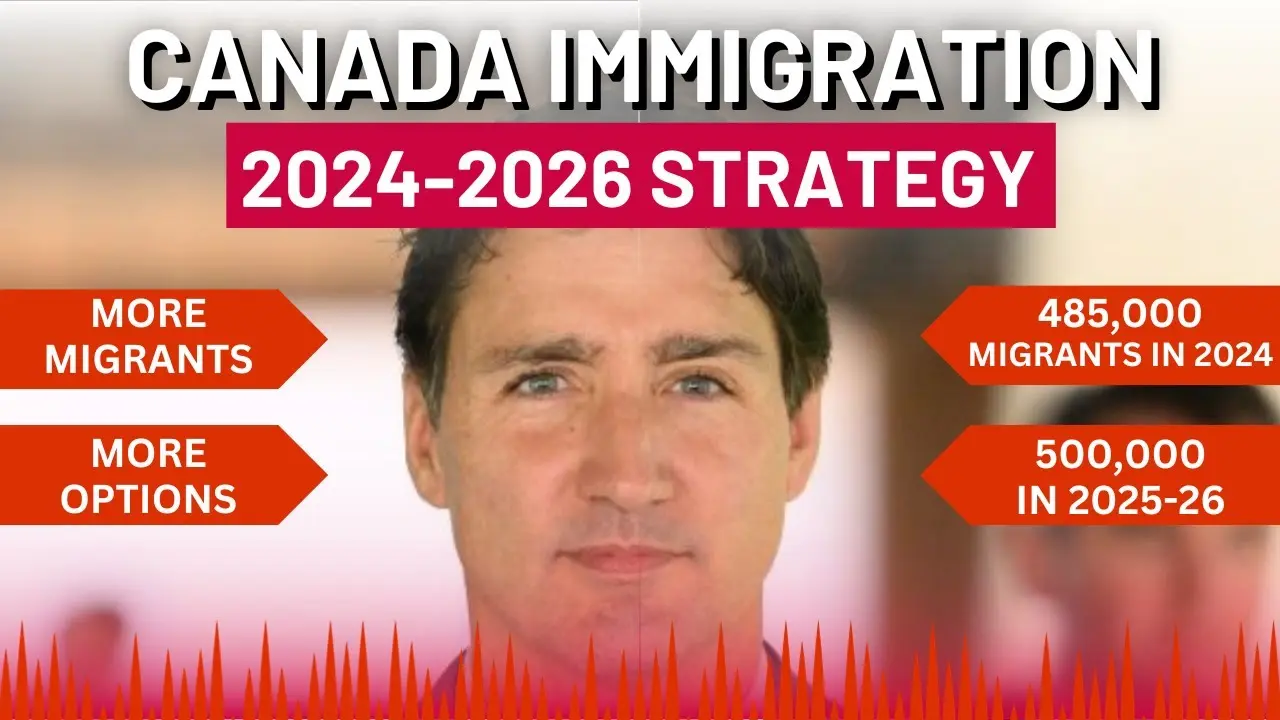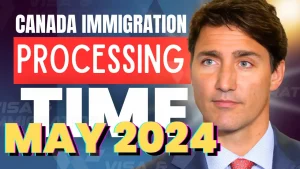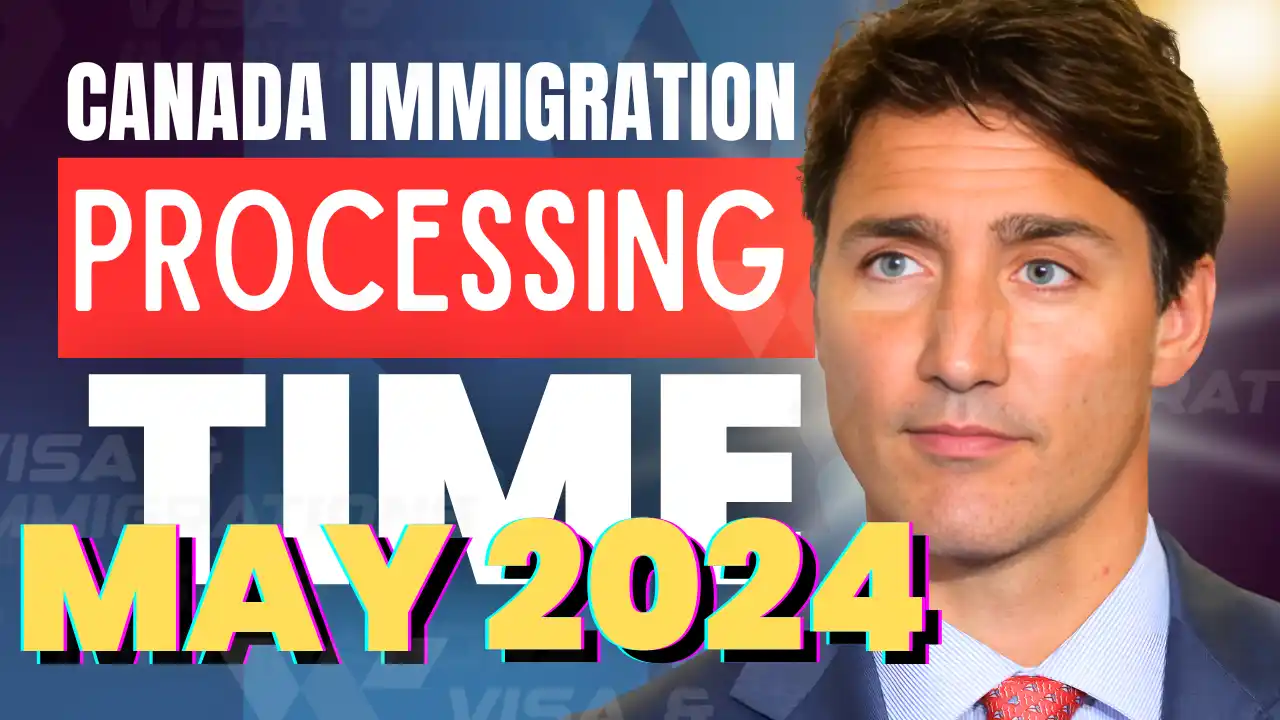Canada has set out its immigration objectives up till 2024 when it will have 485,000 new immigrants while the other two years will be 500,000 for every year. Although Canada is not that big of a country, its average intake is outshined by this aspiring plan in America. Express Entry will continue playing the principal role in the selection of immigrant applicants in the economic category to obtain a total of 281, 135 immigrants in 2024.
Express Entry will continue playing the principal role in the selection of immigrant applicants in the economic category to obtain a total of 281, 135 immigrants in 2024.
The 2024 plan provides for 281,135 economic-class immigrants, whereby Express entry will regain its preeminence role.
The family class admissions are pegged at 114,000, having a quota for spousal and partner sponsorships as well as that of the parents and grandparents program. Refugees and others admitted under compassionate grounds makeup 19% of all humanitarian admissions. Besides, the Provincial Nominee program intends to contribute 110, 000 immigrants.
Canada is introducing a new strategy in immigration, dubbed “An Immigration system for Canada’s future”, which seeks to improve the newcomers’ experience, connect with labor market needs, and foster a growth plan. Canada still pursues a large number of immigrants despite facing housing crunch and affordability issues, as this is only a result of low birth rates among the natives and the aging population. The newcomers are very important, constituting about 98% of Canada’s population growth.
Quebec, governing its immigration levels, aims to welcome 50,000 immigrants in 2024 and necessitates a non-compulsory French-language test for economic immigrants.
The Canadian government’s broad approach comprises policies dealing with labor, housing, health care, and indigenous dogmas. However, prioritizing details continue as unclear as prior high-level announcements about program implementation. Unlike the US system, which also tackles associated matters but espouses a more family-oriented policy, this solution is grounded on the postulation that a single mother can raise children.
The role of Canada in shaping an intelligible international response becomes more bulbous as global migration challenges are on the rise, with over one hundred million banished persons all over the world. The United States also needs to play its part in this role.
Related Articles:
- Canada’s New Immigration Strategy In Response To The Housing Crisis
- Business Owners Get Canada PR In 18 Months
- 15 Highest-Paid Jobs In Canada
- IRCC Announces New International Student Program Changes
- How To Prepare For A Job Interview In Canada?














